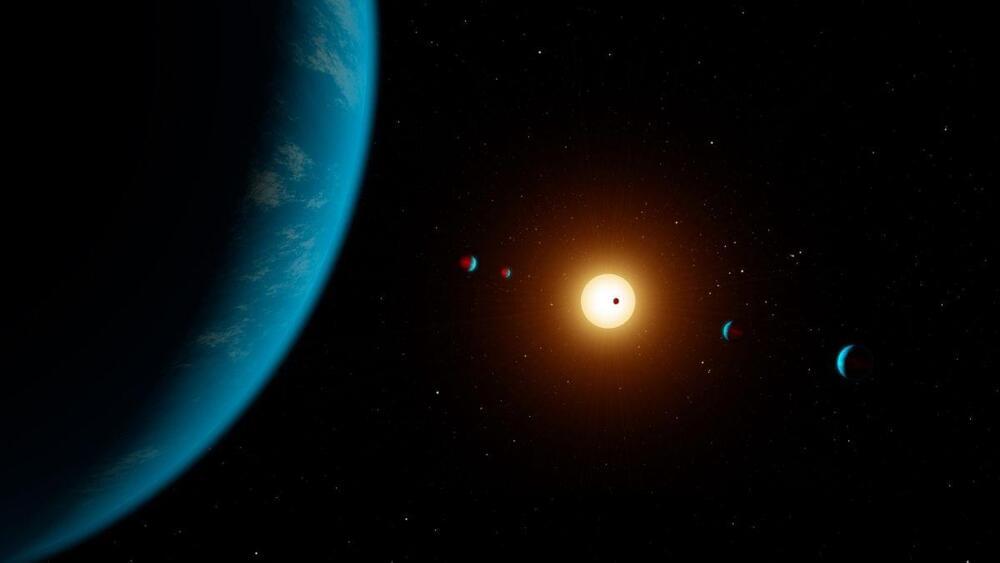The AI algorithm is more efficient in distinguishing false positives from the real stuff than human experts.
A new artificial intelligence algorithm has discovered over 300 previously unknown exoplanets in data gathered by a now-defunct exoplanet-hunting telescope.
The Kepler Space Telescope, NASA’s first dedicated exoplanet hunter, has observed hundreds of thousands of stars in the search for potentially habitable worlds outside our solar system. The calatog of potential planets it had compiled continues generating new discoveries even after the telescope’s demise. Human experts analyze the data for signs of exoplanets. But a new algorithm called ExoMiner can now mimic that procedure and scour the catalog faster and more efficiently.
